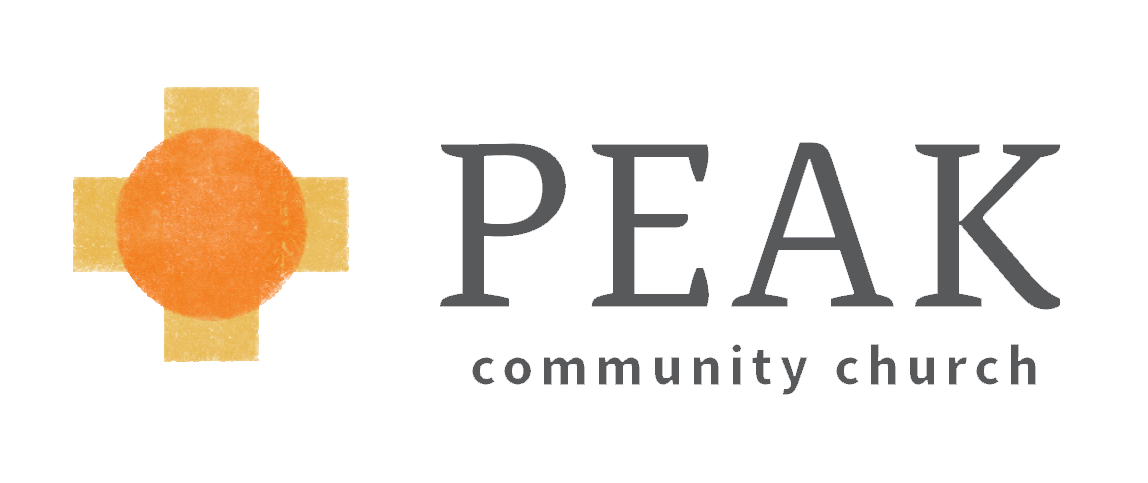Light(n)ing the Way
Israel of Rizhin was a Hasidic rabbi. He often told some version of this story:
A traveler loses his way in the forest; it is dark and he is afraid. Danger lurks behind every tree. A storm shatters the silence. The fool looks at the lightning, the wise man at the road that lies—illuminated—before him.*
I was preparing for our Bible study last week on psalm 120, reading a book by Eugene Peterson, when I came across this gem.
Psalm 120 is about finding yourself in the wrong place. The psalmist has lived too long "in the tents of Kedar," as a "foreigner in Meshech." The psalm describes how bad it is. And the subtext is: How did I get here? It's time to go.
We all want to do good in the world, to leave a mark or leave it better than how we found it. Of course it's not easy. There are obstacles. But surprisingly, one of the greatest obstacles is ourselves.
We're on track and then we blink or get distracted and find we're lost.
Midway upon the journey of our life
I found myself within a forest dark,
For the straightforward pathway had been lost.
That's how Dante put it. (Notice it's a midlife crisis.)
How do we get back?
I tend to reach for a book. The deader the author the better. We might enroll in a class, take a seminar, switch from coffee to matcha.
Israel of Rizhim says the way home is illuminated when we least expect it -- in the midst of the storm, by the storm.
Often the way is dark. But when we're getting battered by life, when we feel the worst, the way home shows up. We can be terrified by what might hurt us -- the lightning -- or we can inspect it for what it reveals.
Suffering as revelation is a risky proposition. Only a fool would seek suffering in order to learn something. But the storm is inevitable; we might as well learn something in the midst of it. What it reveals is incomplete, but it can at least be the nudge we need to get away from the "tents of Kedar" and back on our pilgrimage to God.
Pastor Eddy
*Souls on Fire by Elie Wiesel, p. 193



